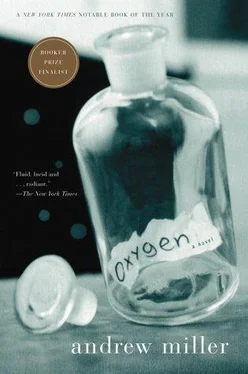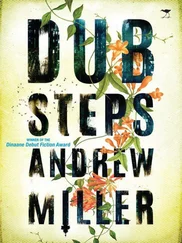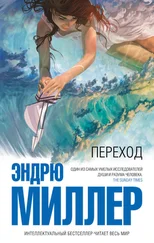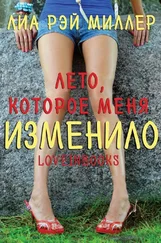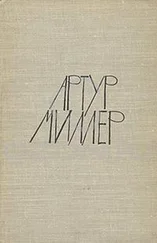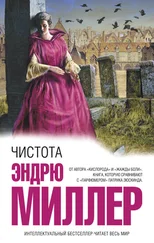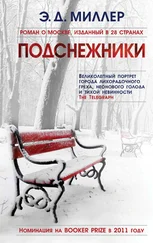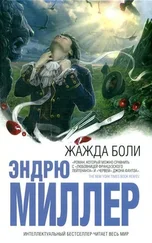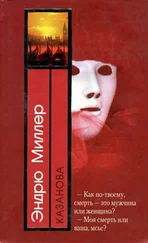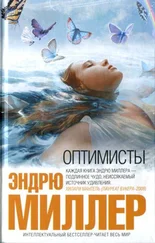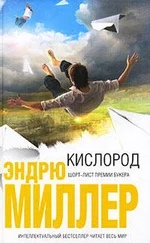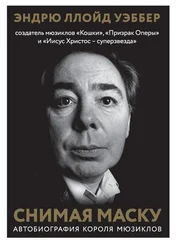‘Yes,’ said Emil. ‘Perfectly.’ He went with László as far as the head of the stairs, where the young man in the sports jacket was waiting for them.
‘You know,’ said László, ‘whatever anyone may have told you about me, the truth is I was never much of a “freedom fighter”.’
Emil smiled. ‘I did not think you were Che Guevara, monsieur.’
‘You see,’ said László, looking down into the well of the courtyard where the late afternoon sunlight was heaped up in a corner, ‘I couldn’t pull the trigger. Did you know that?’
‘We do what we can,’ said Emil. ‘Each in his way.’
‘Yes,’ said László. ‘But I did nothing.’ He turned to his guide. ‘Let’s go.’
Emil watched them from the top step. As they came to the turn in the stairs he said: ‘Sometimes we have a second chance, monsieur.’ He was not sure, however, if the playwright had heard him.
At 6 a.m. British Summer Time, flight BA902 from SFO floated through cloudbanks suffused with morning light, Sister Kim praying serenely, until England appeared in a rush of housing estates and tiny fields. An A-road, a motorway, an athletics ground, an industrial estate. It was a landscape without much grandeur to it, but from the air, at least, it had some quality of the homely, the delicately human, pleasing after so much time amid the towers and deserts of the American immense.
Alec was waiting for them as they came through the automatic doors at arrivals; a pale, weary-looking figure among the huddle of early greeters. He waved and smiled. Larry, carrying the big suitcases, smiled back, thinking how there was always at such moments a disconcerting adjustment to be made, as if the person who had come to meet you could never quite be the person you had expected. Even a face, a posture as familiar as his own brother’s, seemed subtly misremembered.
When he cleared the barrier he put down the cases. Alec held out his hand but Larry pulled him into a hug, immediately learning more of the true history of the last weeks than any amount of talking could have produced. Not just the fizz of tension in his brother’s body, but that smell of unhappiness, like a room in a house where children have been punished.
Ella turned up her face. Alec kissed her forehead.
‘Good flight?’
‘Crappy flight. Thanks for coming to get us.’
‘No problem.’
You’re looking good,’ said Larry.
‘Really?’
‘Sure.’
‘I’m glad,’ said Alec, raising an eyebrow as though everything were irony.
As they crossed the road to the carpark, he said: ‘She’s coming back today. Una’s bringing her from the hospital around four.’
He gave this news so conversationally that Larry, the mesh of himself strung weblike between time zones, was unsure for an instant who Alec was talking about.
‘Mum?’
‘Of course.’
‘That’s fantastic ! You hear that, El? Granny’s coming out of hospital!’ He was profoundly relieved. A hospital-bed reunion had been a miserable prospect, not least because hospitals had such odd associations for him. Places of entertainment. Places where he pretended to be someone else.
‘Is she better now?’ asked Ella.
‘Maybe a little better,’ said Larry, glancing at Alec. ‘But just a little.’
‘She has to take her medicine,’ said Ella, sternly.
On a steadily filling motorway they drove with the sun livid in the rear-view mirror, the Renault creaking and rattling, never quite making seventy. The brothers talked of Alice, though always with an awareness of Ella wide awake in the back seat. It did not take Larry many questions to discover that Alec had not visited her in the hospital. For this, Alec offered no explanation or defence. He didn’t say ‘I couldn’t. I tried but I couldn’t’, and Larry did not pursue it, though it angered him a little. After ten hours in the air it was difficult to have much patience with other people’s fear, their shortfalls. And Alec’s failure to do something as simple as drive to a hospital indicated that things were rather worse than he had imagined. He told himself that this was OK, that they would manage, but it gave him a sinking feeling, as if having run almost to the end of his breath he had looked up to see ahead of him vast distances still to be travelled.
They came off the motorway at Coverton – ‘Can you smell the sea, El?’ – then drove over the moor. The villages they passed were tidy and prosperous, almost suburban, the barns and old village schools converted into private houses with expensive foreign cars outside, but the hedgerows were still tall and in their way unmannerly and uproarious with June.
When they turned into the drive at Brooklands, Larry leaned forward, wondering what changes he would find. He had not been here since the retirement party the previous August when he had become shit-faced on duty-free and kissed the art teacher, Miss Whatshername, behind the summerhouse. In the light of what had followed, it was tempting to recall the whole of that night as though it were one of those movies set on the eve of a disaster no one is expecting, but which everyone is secretly preparing for. Tempting but false, for surely they had all been perfectly innocent of the future, and Alice had not said, or at least not meant, what she had whispered to him in the minutes before the fuse blew. Absurd request! What did she have in mind? That he would smother her with a pillow the moment she stopped making sense?
Then the house swung into view, its walls more bowed, more overrun with creepers than he remembered. A dozen of the terracotta tiles were missing from the roof at the gable end, the guttering above one of the upstairs windows had ruptured, and the wooden side gate into the garden was jammed ajar, turning it into a kind of trellis for weeds. He shook his head. ‘This place needs a lot of work,’ he said, ‘a lot of work.’ He felt quite nauseous with fatigue.
Napping in the twin room downstairs, Larry dreamed pleasantly of Sister Kim, and when he woke, half expected to see her beside him, his guardian angel, but there was only Ella, in shorts and T-shirt, sitting on the other bed, swinging her legs and watching him. She had opened one of the suitcases and Larry automatically looked to see what she might have helped herself to, but the case contained only clothes and toiletries, a couple of books, nothing that was likely to be of interest to her. He sent her off to find Alec while he shaved and showered and drank a cafetière of coffee and smoked three cigarettes and swallowed another Xanax. Then, feeling different rather than better, he patrolled the house with a last cup of coffee, looking into rooms and out of windows, recovering the place, trying to arrive.
He left Alice’s bedroom until last, uncertain how he would react to it, but the room had been thoroughly tidied and aired and smelled only of furniture polish, and very faintly of pine disinfectant. The curtains were pulled back and tied. There were no clothes draped over the chair, no shoes on the floor, no sickroom litter of pillboxes and tonics and half-read magazines. The double bed was made up under a patchwork cover, though at the foot of the bed the material was rucked, as if someone had been sitting there. He smoothed it out, then went to the chest of drawers where the photographs had been angled so that they could be seen from the bed. The largest (it chilled him) was of himself, sixteen, waiting in his whites to go on court at a youth tournament in Eastbourne. Then a formal portrait of Alec in his academic gown at the graduation ceremony at UEA, smiling bravely yet somehow contriving to look as if he’d lost something. Beside this, in a pretty frame of lacquered wood, a softly monochrome photo of the teenage Alice standing in front of a weeping willow with her father, and another man, younger, who has turned away from the camera, frowning at something out of shot that the others have not yet noticed.
Читать дальше
